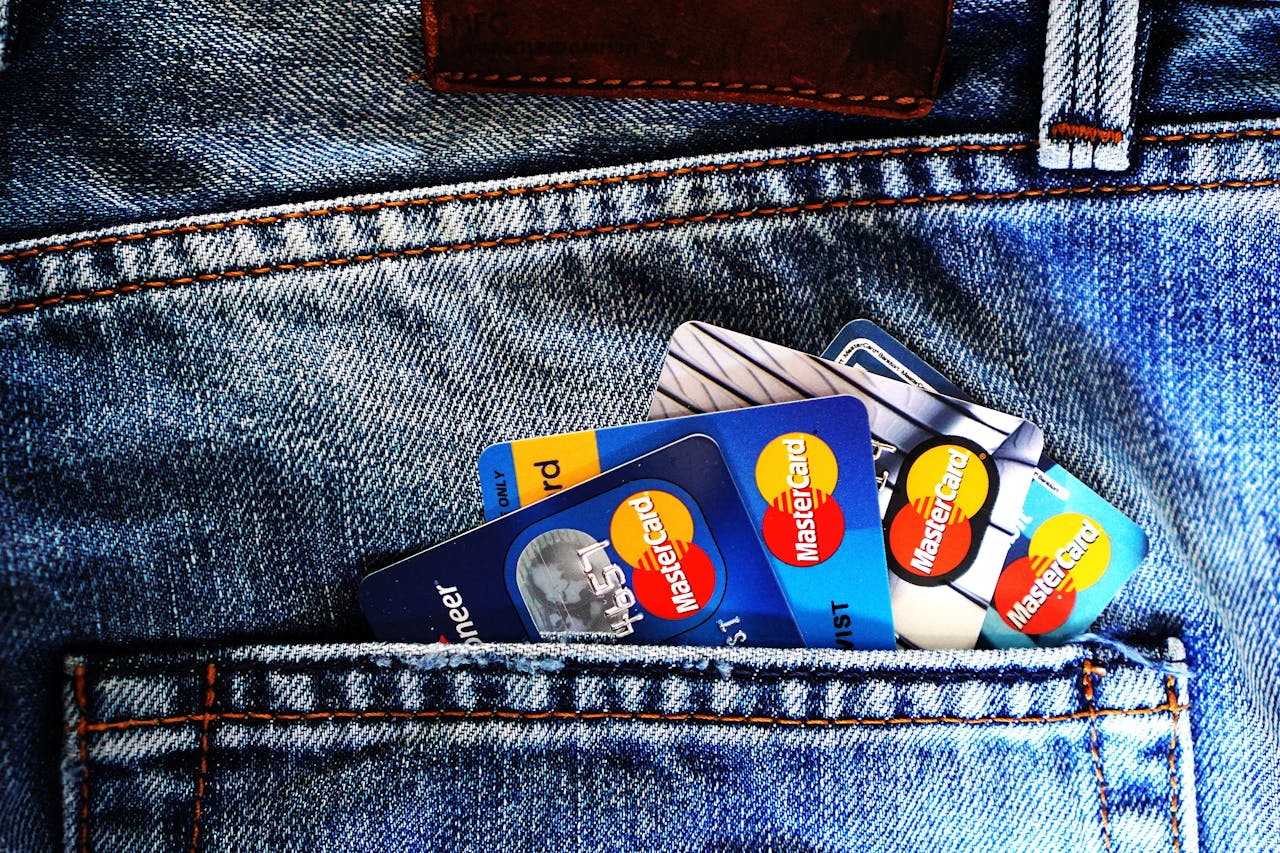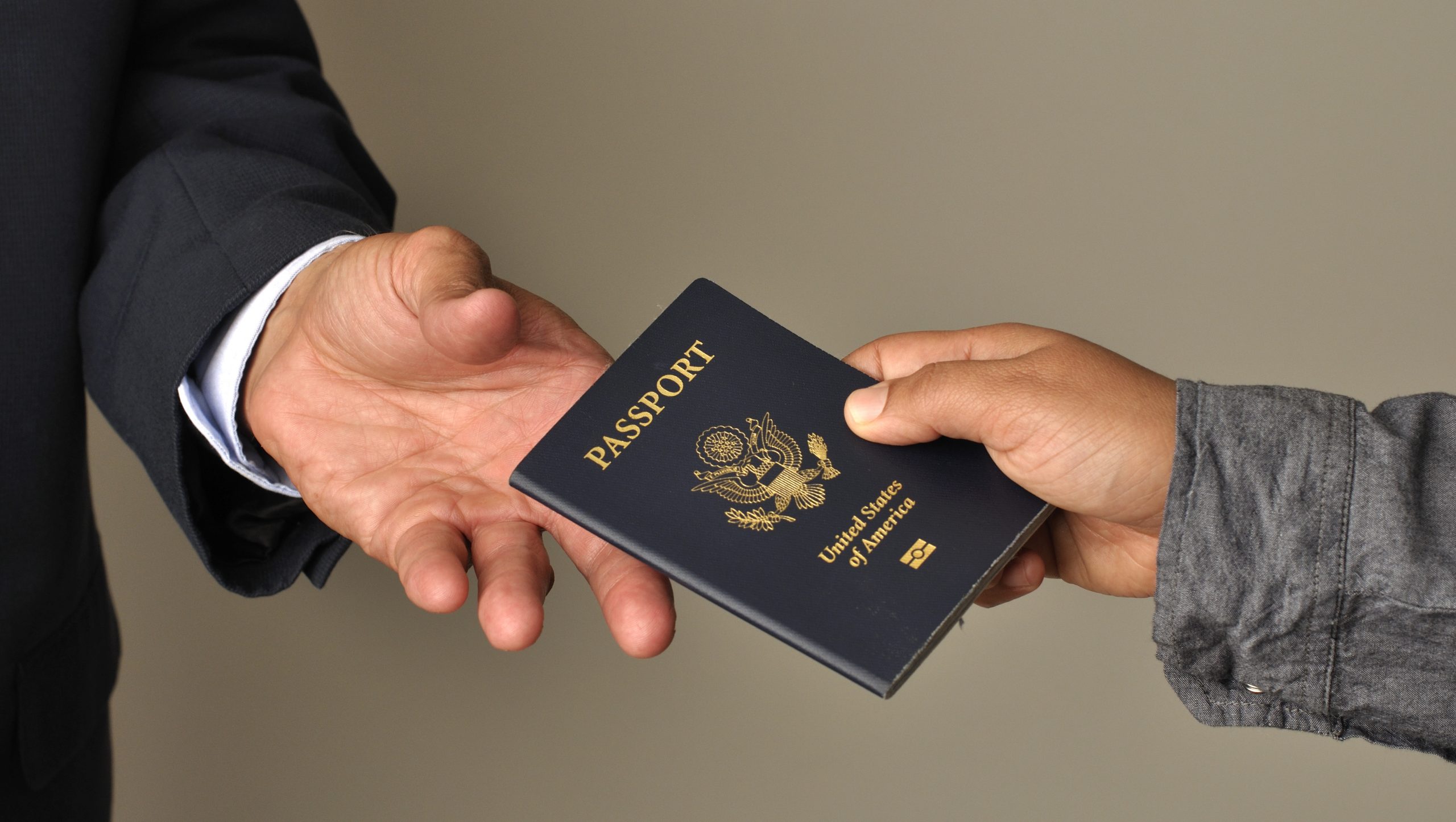If you’ve been convicted of a felony, the idea of applying for something as official as a passport might seem intimidating. Many people with felonies are left wondering if their criminal record will prevent them from obtaining one. Good news—most felons can get a passport. However, there are certain exceptions and conditions to keep in mind.
This guide breaks down the basics of getting a passport as a felon, factors that might affect eligibility, restrictions on international travel, and practical steps to help you successfully apply.
Understanding the Basics
Can You Be a Felon and Get a Passport?
The answer is generally yes. Having a felony conviction does not automatically disqualify you from obtaining a U.S. passport. A passport serves as a form of identification, indicating your citizenship and eligibility to enter and exit the United States. However, a passport does not guarantee you the right to travel internationally, as individual countries have their own rules about admitting people with criminal records.
What Are U.S. Passport Eligibility Rules?
To apply for a U.S. passport, you must meet basic eligibility criteria:
- Be a U.S. citizen or national.
- Provide necessary documentation, such as proof of identity and citizenship.
- Submit a completed passport application and fee.
For felons, the biggest concerns revolve around specific conditions or past convictions that could restrict passport eligibility, which we’ll explore next.
Factors That May Affect a Felon’s Ability to Get a Passport
While most felons can get a passport, certain factors could lead to application denial or delays.
1. Type of Felony Conviction
Not all felonies are treated equally when it comes to passport eligibility.
- Restricted Convictions: Federal law prohibits individuals convicted of specific crimes, such as international drug trafficking or offenses involving the use of a passport in illegal activities, from obtaining a new passport.
- Minor Felonies or Misdemeanors: Other types of felonies, like burglary or fraud, usually do not prevent someone from getting a passport, as long as all sentencing requirements (such as probation) have been satisfied.
2. Outstanding Legal Issues
If you have unresolved legal obligations, your passport application may be denied. These include:
- Arrest Warrants: Having an active federal or state felony warrant will typically result in passport denial.
- Unpaid Child Support: Owing more than $2,500 in past-due child support can make you ineligible until the debt is resolved.
- Tax Debts: Significant federal tax debts (currently exceeding $62,000) classified as “seriously delinquent” can also be a barrier.
3. Probation or Parole
Felons currently on probation or parole may need explicit permission from their supervising officer or court to apply for or use a passport. Violating these conditions could result in severe legal consequences.
4. Honesty in the Application Process
Providing false or misleading information on your passport application is a federal crime that carries heavy penalties, including fines and imprisonment. Transparency is crucial when applying as a felon.
Travel Restrictions for Felons
Even with a valid passport, felons may face restrictions when it comes to international travel.
Can Felons Travel Internationally?
Having a U.S. passport allows you to leave and return to the United States, but it doesn’t grant automatic entry to other countries. Many countries have strict visa requirements and conduct background checks for travelers.
Countries That Restrict Entry to Felons
Some countries are especially strict when it comes to admitting travelers with felony convictions, including:
- Canada: Canadian law classes even minor offenses like DUIs as serious crimes. Felons may require a Temporary Resident Permit (TRP) or Criminal Rehabilitation to enter Canada.
- United Kingdom: Entry can be denied if the individual’s offense led to over 12 months of imprisonment.
- Australia: A visa applicant must disclose criminal convictions, and individuals with significant criminal records could face rejection.
However, not all countries have hard-and-fast restrictions. Many nations in Latin America, Southeast Asia, and some European countries allow felons entry after meeting specific visa conditions.
Steps to Take If You’re a Felon Applying for a Passport
Here’s how to simplify the process and improve your chances of success.
1. Understand Your Legal Eligibility
Begin by reviewing your legal situation. Ensure that your sentence, parole, or probation period is completed, and resolve any outstanding warrants or legal obligations.
2. Prepare Necessary Documents
Have all required documentation ready for your application, including:
- Identification documents (e.g., driver’s license).
- Proof of citizenship (e.g., birth certificate or naturalization certificate).
- Any additional documents proving you’ve satisfied legal requirements (if applicable).
3. Be Honest in Your Application
Answer all questions truthfully. Attempting to hide a felony conviction or legal issue could lead to an automatic denial—or worse, legal action against you.
4. Seek Legal Advice If Unsure
If you’re uncertain about your eligibility or have concerns about specific convictions, consult an attorney specializing in criminal or immigration law for guidance before applying.
How Felons Can Improve Their Chances of Traveling Abroad
While some restrictions may exist, there are ways to increase your travel opportunities.
- Research Entry Requirements: Before planning a trip, understand the visa requirements and policies of your destination country.
- Apply for Visas Early: Visa applications for felons may take longer than usual, so apply several months in advance.
- Consider Felon-Friendly Destinations: Explore countries with lenient policies on admitting travelers with criminal records.
- Build a Clean Record: Post-conviction actions like staying out of trouble, volunteering, and maintaining steady employment can make a positive impression during visa applications.
Why Understanding This Matters
Knowing your rights and restrictions as a felon is key to moving forward. Whether you aim to travel for leisure, professional growth, or personal reasons, being informed can save time, money, and unnecessary frustration.
Navigating life after a felony conviction is challenging, but opportunities for personal growth, travel, and rebuilding your life are possible.
Start Your Journey Today
Life doesn’t end after a felony conviction—many felons successfully obtain passports and travel internationally. With the right knowledge and preparation, you can too.
If you have any questions or experiences to share, leave a comment below! Or, consult a legal expert to tailor a plan specific to your situation.
FAQs
Can a U.S. Felon Get a Passport?
Yes, most felons can obtain a passport unless the offense involved disqualifying crimes like drug trafficking, treason, or failure to meet legal obligations like child support payments.
Which Countries Don’t Allow Felons?
Countries like Canada, the U.K., and Australia have strict entry requirements for felons. However, some nations may grant entry if you meet visa conditions.
Can You Get a Passport With a Criminal Conviction?
Yes. Most convictions don’t hinder passport eligibility, but honesty and meeting legal conditions are crucial.
Can Felons Go on a Cruise?
Yes, but travel restrictions depend on the cruise’s destination ports. Cruises visiting countries with strict entry laws for felons may pose challenges.


















